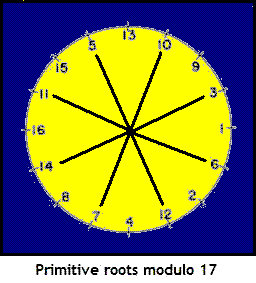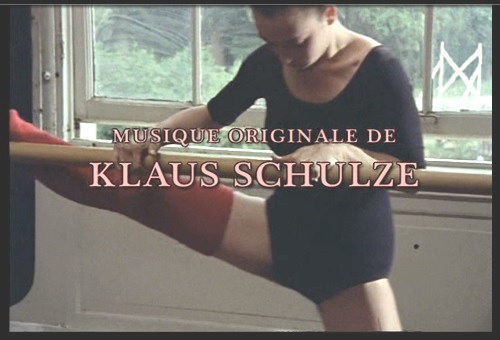"White is credited with broadening the scope of
topics traditionally studied by philosophers…."
Saturday, June 11, 2016
Where Credit Is Due
Friday, March 29, 2013
Where Credit Is Due
Friday, January 25, 2013
Where Credit Is Due
Harvard's President Faust:
Last evening's post Moondance was suggested by a check
in this journal of the date October 10, 2012. That date was
in turn suggested by the date of the above remarks.
Wer immer strebend sich bemüht,
Den können wir erlösen.
Who always striving efforts makes,
For him there is salvation.
— Faust Part 2, Act V, Scene 7: Mountain Gorges.
Sunday, September 26, 2010
Where Credit Is Due…
The Dick Medal
Review of the film "Knowing" from 2009—
Nicolas Cage's character, an astrophysicist, looks at a chart (written 50 years earlier by a child) with a colleague and points out a chronologically correct prediction of the date and number of dead in world wide tragedies over the last fifty years, and his colleague's response is "Systems that find meaning in numbers are a dime a dozen. Why? Because people see what they want to see." Well that would be a pretty neat trick. You could build a career on that in a Vegas showroom.
Film Title: Next
Based on the 1954 short story
"The Golden Man" by Philip K. Dick
Release Date:
April 27, 2007
About the Film:
Nicolas Cage stars as Cris Johnson, a Las Vegas magician with a secret gift that is both a blessing and a curse: He has the uncanny ability to tell you what happens next.
Related material from this journal on the release date of "Next"— April 27, 2007—
|
Production Credits: Thanks to the
– and to
|
"It’s almost enough to make you think that time present and time past might both be present in time future. As someone may have said."
— David Orr, "The Age of Citation"
Friday, March 29, 2024
Hollywood Death on Maniac Monday
See Maniac Monday in this journal and .…
Related reading: "Where credit is due."
Sunday, May 1, 2022
The Coming
"Edward Bulwer-Lytton (infamous author of the opening line,
'It was a dark and stormy night') was a Victorian-era writer.
In 1870, he published a science fiction novel, The Power of
the Coming Race, which describes an underground race of
superhuman angel-like creatures and their mysterious energy
force, Vril, an 'all-permeating fluid' of limitless power."
— From a source linked-to in the post Vril Chick.
"Credit where credit is due" . . .
Sunday, September 25, 2016
Tuesday, January 29, 2013
Clash of the Caped Crusaders
The New Yorker , quoted here yesterday, on a meeting in 1638 of Galileo and Milton—
"… it’s like those comic-book specials in which Superman meets Batman…."
Related news yesterday from The Hollywood Reporter—
Phillips's upcoming Superman film stars Amy Adams.
Other entertainment:
Log24 posts from the day of Phillips's death—







